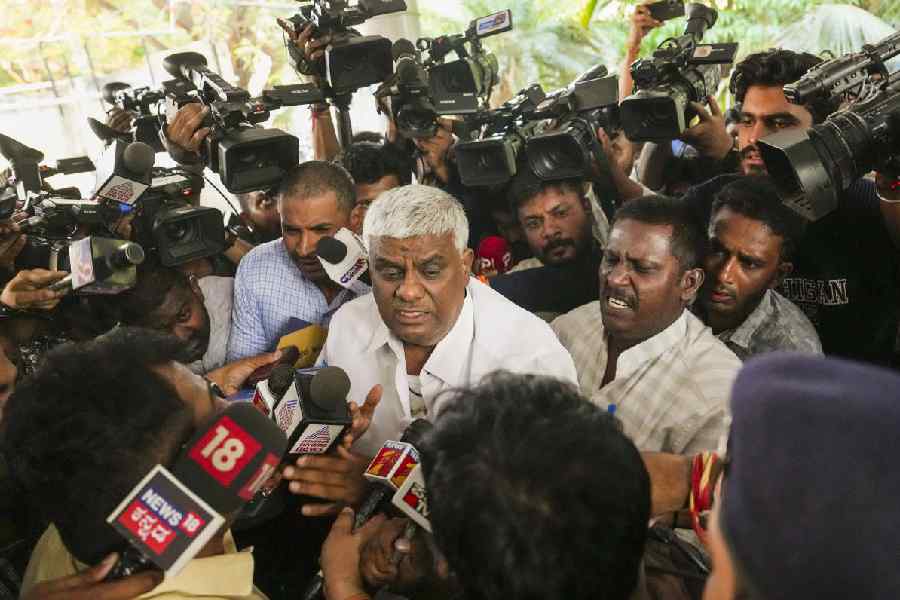In a democracy, the military cannot associate itself with domestic politics. That this principle is non-negotiable has been emphasized by the unprecedented apology made by General Mark Milley, chairman of the joint chiefs of staff of the United States of America. Referring to his presence next to the US president, Donald Trump, during the walk up to St John’s Episcopal Church for a photo-opportunity after the police had dispersed with force peaceful protesters against George Floyd’s killing, General Milley said that it had led to a national debate on the role of the military in civil life. He should not have been there. This forthright statement cannot have pleased the president, who, like certain other leaders in democracies in recent times, likes to boost his nationalistic credentials by showing off his control of the military. The scrupulously duty-conscious leaders of the US armed forces, however, are willing to displease the president on matters of principle. General Milley had sided with the defence secretary, Mark Esper, who angered Mr Trump by publicly disagreeing with him about calling on troops to deal with protesters. More, the efforts of service chiefs to heal the divide caused by racism within the forces have been undermined by the president’s refusal to rename military installations named after Confederate generals. The relationship between the US president and the forces of which he is commander-in-chief is now distinctly strained.
The situation in India, where the Bharatiya Janata Party leadership regularly uses the achievements of the military to win elections, is in stark contrast. The forces remained silent when the party used iconography of soldiers and battles — once even the face of an air force pilot — on their campaign posters, referring to the so-called ‘surgical strike’ across the border in 2016 and to Balakot before the 2019 elections. Meanwhile, Narendra Modi’s party colleagues refer to reported military successes as achieved upon Mr Modi’s directions and with his inspiration, because these are ‘Modiji’s’ forces. It took the Election Commission in 2019 to forbid the use of military imagery in electioneering, although nothing prevented the controversial elevation of General Bipin Rawat, famous for speaking repeatedly on politically loaded issues, to the position of chief of defence staff. India’s military has a proud, untainted heritage. There is still time to reclaim it.











